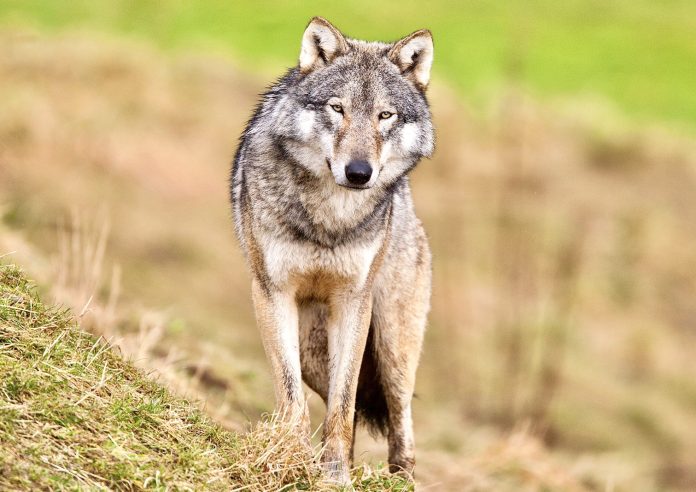You can help all animals and our planet by choosing compassion on your plate and in your glass. #GoVeg
RELATED ARTICLES
Victory For Dolphins! Belgium To Become 7th Country To Enact Permanent Ban On Dolphinariums
In a major victory for animal welfare, Flemish Minister for Animal Welfare, Ben Weyts, announced this week that Flanders, Belgium, will implement a permanent...
Peace 4 Animals’ Debuts Gripping Trailer To Their Latest Documentary ‘Protectors of the Wild’
We are excited to unveil the trailer for Peace 4 Animals’ upcoming documentary, Protectors of the Wild. This powerful film aims to raise critical...
Dog Meat Restaurant In Vietnam Closes After 20 Years; Owner’s Guilt Causes Him To Leave The Trade
Photos by HSI
In a heartening development, a dog meat restaurant and slaughterhouse in Dong Nai province, Vietnam, has shut down after two decades, due...
Popular stories
Healthy Living
A Record $824 Million Has Been Invested In Alternative Protein Companies In 2019; $930 Million Already Invested In The First Quarter Of 2020
New reports released today by the nonprofit The Good Food Institute (GFI) reveal that record investments have been made globally in 2019 and in the...
News
Growing Concern For The Trafficking & Private Keeping Of Orangutans & Other Primates In The UAE
The illegal trafficking and private keeping of primates, specifically orangutans, in the UAE is a dire issue with far-reaching consequences for the animals themselves...
Breaking News
U.S. Congress Votes To Cut Funding For Cruel Dog & Cat Experiments Following WAN’s Exclusive Story
Photo by: White Coat Waste Project
In June, World Animal News (WAN) broke an exclusive story exposing how the U.S. Department of Defense (DOD) is...



